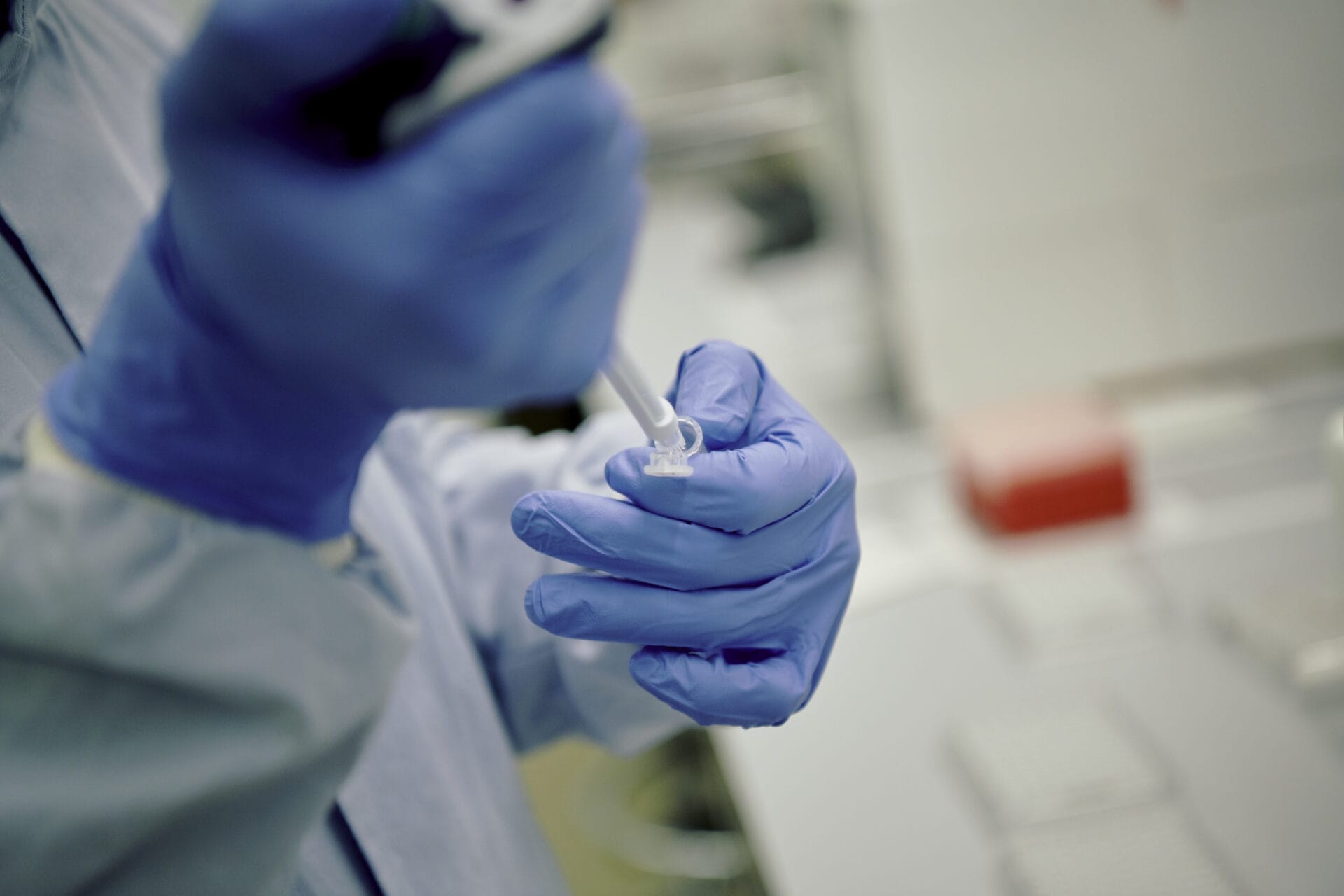What is genetic testing?

Genetic testing looks for changes and variations in DNA that could put a person at higher risk of a genetic condition.
- Genetic tests look for variations in a person’s DNA, for example to confirm or rule out a genetic condition.
- Clinical tests are often done with a doctor or genetic counsellor to help prepare the person for the test and explain the results.
What is genetic testing?
- Genetic tests are usually done using a sample of a person’s saliva or blood, but are sometimes done with hair, skin or amniotic fluid (the fluid that surrounds a baby while they’re in the womb).
- Clinical tests are done with a healthcare professional, like a doctor or genetic counsellor.
- The sample is sent to a laboratory where DNA is extracted so that scientists can look for changes in the DNA. The results are then sent to the doctor or counsellor, who discusses them with the patient.
What information can genetic testing tell us?
- Often, genetic tests are used to confirm or rule out whether a person has a particular genetic condition or predict their risk of passing a genetic condition onto their children.
- The results lead to important, life-changing decisions.
- For example, if a person finds out they have a gene that puts them at higher risk of breast cancer, they might consider having their breasts and ovaries surgically removed to reduce their risk.
- A person can have a test that looks for a number of different genetic changes at the same time, known as a panel test.
Genetic testing can be useful in several situations:
- Predictive genetic testing: testing a person for a genetic condition that runs in their family – for example, Huntington's disease or certain types of cancer. The result might help the person take steps to reduce their risk or plan for their future.
- Diagnostic genetic testing: diagnosing a patient who is showing symptoms of a known genetic condition.
- Pharmacogenetic testing: determining the best type or dose of medicine to give a patient based on their genetics.
- Carrier testing: finding out if parents carry a genetic mutation that they could pass onto their future children to increase their risk of certain conditions.
- Preimplantation genetic diagnosis: screening for genetic conditions in embryos that were created using techniques like IVF, to help decide which embryos are implanted in the uterus.
- Prenatal testing: testing an unborn baby for certain genetic conditions.
- Newborn screening: testing newborn babies for certain rare but serious genetic conditions – such as cystic fibrosis or hypothyroidism – to work out if they need further testing or treatment.

Doctors and other health care professionals will explain what genetic test results mean for a patient or their baby, even before that baby is born. Image credit: Shutterstock
Helping people to understand the result of their genetic testing
- It’s important to consider the benefits, limitations and possible consequences of testing before taking a genetic test.
- That’s why clinical genetic testing often goes hand-in-hand with genetic counselling, both before and after testing. This can help patients to:
- prepare for the potential outcomes of a genetic test.
- understand the results once they receive them.
- talk through their concerns and make informed decisions about what their next steps are going to be.
- You can find out more about how genetic counsellors support patients here.